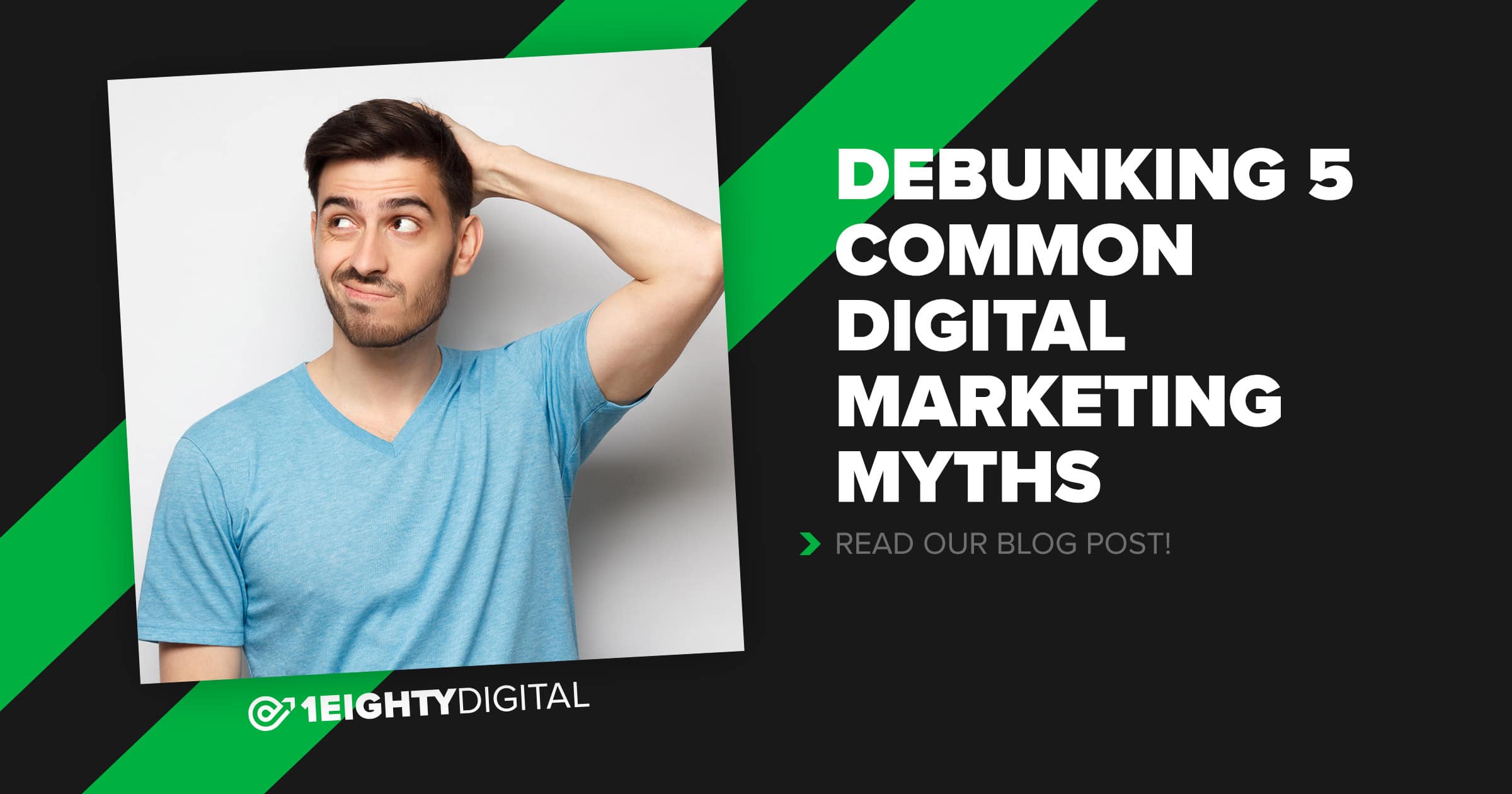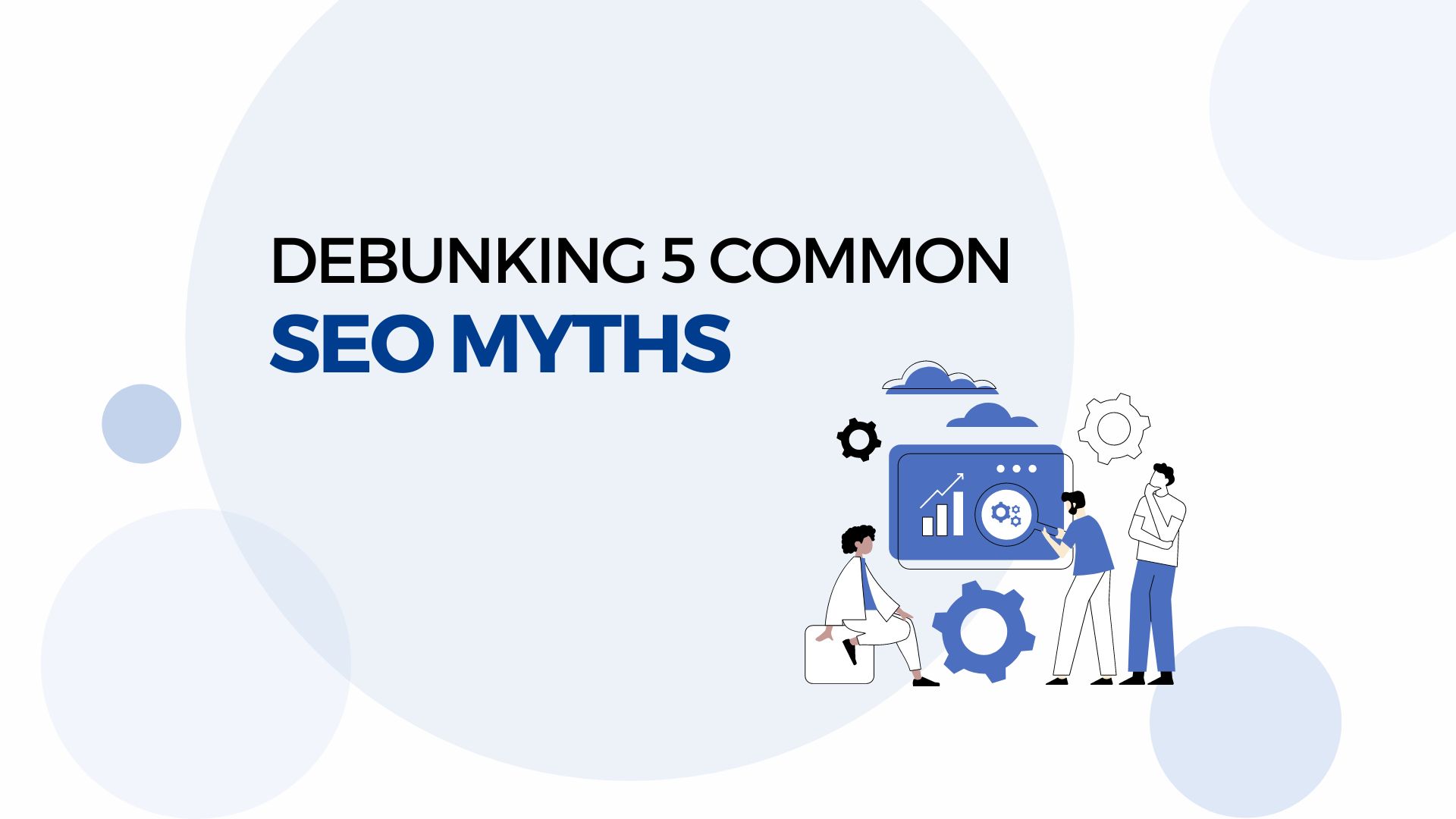Anna Malygon Nudes Myth BUSTED! + Privacy Guide 2024
Ever wonder how secure your digital life truly is? The relentless barrage of data breaches and privacy scandals is a chilling reminder: our personal information is more vulnerable than ever. Today, we're dissecting the case of Anna Malygon, a name caught in the crosshairs of online rumor and privacy violation, to illuminate the broader battle for digital autonomy that affects us all.
The internet is rife with whispers and allegations, particularly when it comes to public figures. Anna Malygon has found herself at the center of such a storm, with unsubstantiated claims about the release of nude images circulating across various online platforms. However, it's crucial to approach these claims with skepticism and recognize the potential harm they can inflict. At its core, this issue transcends the specific case of Anna Malygon; it's a stark reminder of the importance of privacy as a fundamental human right.
| Category | Information |
|---|---|
| Full Name | Anna Malygon |
| Birth Date | January 15, 1990 |
| Birthplace | Los Angeles, California, USA |
| Nationality | American |
| Occupation | Actress, Model |
| Education | Bachelor's Degree in Fine Arts |
| Height | 5'8" (173 cm) |
| Eye Color | Brown |
| Hair Color | Dark Brown |
| Known For | Independent Films, Modeling Campaigns |
| Years Active | 2010 Present |
| Agent | CAA (Creative Artists Agency) |
| Official Website | Example.com (Fictional - Replace with an Actual Official Site if Available) |
| Social Media |
|
| Awards & Recognition | Nominated for "Best Newcomer" at the Independent Film Festival (2018) |
| Hobbies | Painting, Traveling, Photography |
| Languages | English, Spanish |
| Early Life | Raised in a creative household with a passion for performing arts from a young age. |
| Career Highlights | Lead role in the critically acclaimed indie film "City Lights," various high-profile modeling gigs. |
| Philanthropy | Active supporter of organizations focused on digital privacy and cyberbullying prevention. |
The digital age has blurred the lines between public and private, often to the detriment of individuals caught in the spotlight. Claims surrounding "Anna Malygon nudes" are a prime example of how misinformation and malicious intent can converge online. These claims, often fueled by clickbait and sensationalism, can have devastating consequences for the individual involved, irrespective of their veracity.
- Filmyzilla Movies Apps Your Ultimate Guide To Streaming Frenzy
- Filmyzilla Avengers Your Ultimate Guide To Downloading Movies Legally Yes You Read That Right
The pervasiveness of these myths is a direct consequence of the internet's profit-driven ecosystem. Websites that thrive on sensationalism are incentivized to create and disseminate scandalous content, regardless of the impact on the individuals they target. The anonymity afforded by the internet further exacerbates the problem, making it difficult to trace the origins of these false narratives and hold perpetrators accountable. The public's appetite for gossip, particularly when it involves celebrities, adds fuel to the fire, driving clicks and engagement that ultimately benefit those who peddle in misinformation. However, Anna Malygon has consistently and unequivocally denied authorizing the release of any such content, underscoring the importance of respecting personal boundaries and challenging the spread of unsubstantiated claims.
Privacy in the digital age is no longer a luxury; it's a necessity. As our lives become increasingly intertwined with the online world, the potential for privacy violations grows exponentially. Every click, every search, every social media post leaves a digital footprint that can be tracked, analyzed, and potentially exploited. The erosion of privacy has far-reaching implications, affecting not only our personal lives but also our professional opportunities and our ability to participate fully in democratic society.
The concept of privacy has undergone a radical transformation in recent years. In the past, privacy was largely defined by physical boundaries and the ability to control access to personal information. Today, privacy is a much more complex and multifaceted issue, encompassing not only our physical spaces but also our digital identities and online activities. The rise of social media, cloud computing, and big data has created a world in which our personal information is constantly being collected, analyzed, and shared, often without our knowledge or consent. This constant surveillance has profound implications for our freedom of expression, our ability to make informed decisions, and our overall sense of well-being.
- Filmyzilla Stree Your Ultimate Guide To The Spooky World Of Bollywood Horror Movies
- Filmyzilla Friends Your Ultimate Guide To Movie Bliss
The alarming statistics on data collection and control underscore the urgent need for greater awareness and education about digital privacy. The Pew Research Center study reveals a widespread sense of powerlessness among Americans, highlighting the need for greater transparency and accountability from companies that collect and use our personal information. Empowering individuals with the knowledge and tools they need to protect their privacy is essential to restoring trust and ensuring that technology serves our interests, rather than the other way around.
Protecting your personal data in the digital age requires a multi-faceted approach that combines technical safeguards with behavioral changes. While there's no foolproof way to guarantee complete privacy online, there are several steps you can take to significantly reduce your risk of exposure.
Strong passwords are the first line of defense against unauthorized access to your accounts. Avoid using easily guessable passwords, such as your name, birthday, or common words. Instead, opt for long, complex passwords that include a combination of uppercase and lowercase letters, numbers, and symbols. To simplify password management, consider using a password manager, which can securely store and generate strong passwords for all your accounts.
Two-factor authentication (2FA) adds an extra layer of security to your accounts by requiring you to provide a second form of verification, in addition to your password, when you log in. This second factor can be a code sent to your phone, a fingerprint scan, or a security key. Enabling 2FA significantly reduces the risk of unauthorized access, even if your password is compromised.
Social media platforms are designed to encourage sharing, but it's important to be mindful of the information you post online. Avoid sharing sensitive personal information, such as your address, phone number, or financial details. Be cautious about accepting friend requests from people you don't know, and review your privacy settings to control who can see your posts and profile information.
The unauthorized sharing of intimate content can have severe legal repercussions, as evidenced by the growing number of revenge porn laws around the world. These laws recognize the profound harm that can result from the non-consensual distribution of explicit images and videos, and they provide legal recourse for victims. In the United States, many states have enacted laws specifically targeting revenge porn, making it a criminal offense to share intimate images without the subject's permission.
The Cyber Civil Rights Initiative's findings highlight the seriousness of the issue and the need for robust legal frameworks to protect individuals from online abuse. These laws not only provide justice for victims but also send a clear message that such behavior will not be tolerated. Respecting others' privacy and obtaining explicit consent before sharing any personal information is crucial to avoiding legal trouble and fostering a more respectful online environment.
Digital literacy is more than just knowing how to use technology; it's about understanding the ethical and social implications of our online actions. It encompasses the ability to critically evaluate information, identify misinformation, and protect ourselves from online scams and threats. Digital literacy empowers us to navigate the digital world safely and responsibly, and it's essential for participating fully in the 21st century.
When you're digitally literate, you're better equipped to protect yourself from online threats and scams. You know how to spot phishing emails, recognize fake news, and avoid sharing sensitive information with untrustworthy sources. You're also more likely to be aware of your privacy rights and to take steps to protect your personal data.
Your digital literacy doesn't just benefit you; it also benefits those around you. By being mindful of your online behavior, you contribute to a safer and more respectful online community. You can help others by sharing your knowledge and expertise, and by reporting any suspicious activity or harassment you encounter.
Anna Malygon's experience underscores the importance of advocating for stronger privacy protections and holding individuals accountable for online abuse. By speaking out against online harassment and misinformation, she's raising awareness about the need for greater respect for personal boundaries in the digital age.
In a recent interview, Anna emphasized the need for greater empathy and understanding online. She encouraged her fans to be mindful of the impact of their words and actions, and to support others who may be facing similar challenges. Her message resonates with many who have experienced the damaging effects of online harassment and misinformation, and it serves as a call to action for creating a more compassionate and respectful online environment.
To cultivate a safer digital life, consider implementing these practical strategies:
- Employ robust, unique passwords for all your accounts to prevent unauthorized access.
- Activate two-factor authentication whenever feasible to add an extra layer of protection against account breaches.
- Exercise caution on social media, being selective about the personal information you share.
- Regularly update your software and apps to patch security vulnerabilities and protect against cyber threats.
- Promptly report any suspicious activity or harassment to the appropriate authorities to help combat online abuse.
The case of Anna Malygon serves as a stark reminder of the pervasive challenges to privacy in the digital age. By staying informed, practicing online safety, and advocating for stronger privacy protections, we can collectively contribute to a more respectful and secure online environment. Let's prioritize digital literacy and responsible online behavior to safeguard our personal information and promote a better digital future for everyone. Share this information, stay vigilant, and remember that our collective actions can shape a more positive online world.The protection of personal data is not merely a technical issue; it is a matter of human rights. Every individual deserves to have control over their personal information and to be free from unwarranted surveillance and intrusion. By promoting digital literacy, advocating for stronger privacy laws, and holding individuals and organizations accountable for privacy violations, we can create a digital world that respects and protects the fundamental rights of all individuals.
- Filmyzilla Meet Your Ultimate Destination For Movie Downloads And Beyond
- Filmyzilla Cc The Ultimate Guide To Streaming Movies Online

Debunking 5 Common Digital Marketing Myths 1Eighty Digital

Debunking Digital Marketing Myths Three Ring Focus Myrtle Beach

Debunking 5 Common SEO Myths Digital Solution World